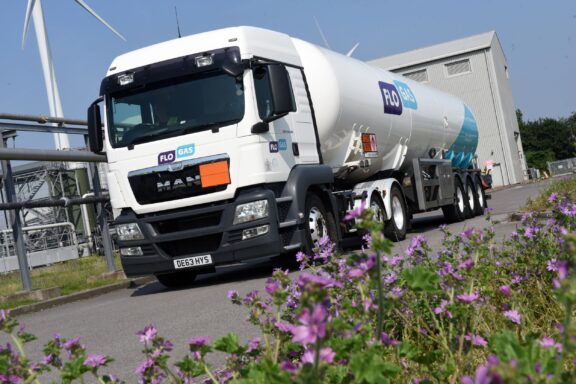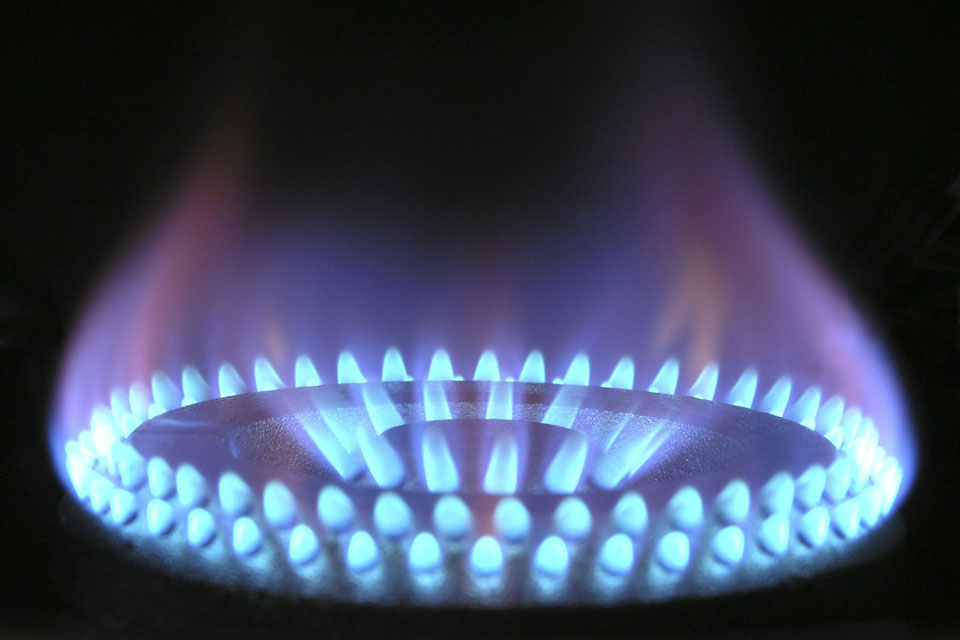The journey of LPG: From ground to the tank
https://energymanagementsummit.co.uk/wp-content/uploads/2020/12/WEB_Operational-Roles_2499x1668_-576x384-1.jpg 576 384 Stuart O'Brien Stuart O'Brien https://secure.gravatar.com/avatar/81af0597d5c9bfe2231f1397b411745a?s=96&d=mm&r=gOne of the modern marvels of our time is our ability to have instant access to heat and power. From heating your home, to cooking on the hob, the energy we use is crucial to the daily functioning of our lives. These conveniences are typically as a result of being connected to the national gas grid, where we can have access to energy as needed.
Yet for those that live off the natural gas grid, receiving not only a reliable energy supply, but one that is kinder to the environment, can be rather more challenging. An effective solution is to harness the power of liquefied petroleum gas (LPG). As the greenest conventional off-grid fossil fuel available[1], it’s quickly become a firm favourite for those in rural areas.
But where does this alternative fuel source come from, how do we obtain it and what does the journey of LPG look like?
From the ground up
LPG is a by-product of natural gas and crude oil extraction and the subsequent process of oil refining[2]. To source natural gas or crude oil, we drill down hundreds of feet to pump it from the ground. But these deposits aren’t always found on land. Some sources are found offshore, deep beneath the seabed within rock formations[3] requiring highly trained geologists to locate those specific geological formations likely to contain natural gas.
The processing stage
Once pumped up from the ground, crude oil is sent to be processed at a refinery. As part of the refining process, natural gas is separated out from the oil via a complex but effective technique called “hydraulic cracking”. Once the gas is separated, it undergoes a purification process to remove any impurities and other undesirable elements so that it can be made into a safe, cleaner gas to be used in our homes. The gas is then liquified under pressure so that it can be easily transported and stored.
Storing supply
Once the gas has been fully processed and liquified, the LPG is transported to large terminals with vast tanks for storage. Typically, these large LPG volumes are delivered via rail tankers within the UK, or via big merchant ships – known as Very Large Gas Carriers (VLGC) – if coming from overseas.
As demand for LPG has grown in recent years, so has the need for facilities that can store and supply large volumes of this increasingly popular fuel.
From these huge storage terminals, LPG is then transported to smaller, regional distribution centres. Located across the UK, they are key to ensuring efficient and reliable supplies to off-grid homes and businesses.
Bulk or cylinders?
For residential or businesses premises that have higher energy needs, LPG can be supplied by road tanker in larger quantities, with bulk storage tanks installed on-site – either above or below ground – so ensuring an on-demand flow of fuel. Thanks to modern telemetry technology, bulk storage systems can remotely monitor usage and automatically alert suppliers to deliver LPG top ups — so fuel never runs out.
The Importance of LPG
As we move towards a lower carbon future and away from fuels such as oil and diesel, biomethane and LPG are an immediate, cleaner and greener potential option. As a clean, smoke-free burning fuel, LPG emits fewer pollutants including NOx, Sox and particulate (PM)[4], highlighting why it’s becoming an increasingly widespread part of the UK’s off-grid energy mix.
[1] UKLPG – Gas for off-grid Britain report (pg. 16)
[2] https://www.wlpga.org/about-lpg/production-distribution/
[3] https://www.eia.gov/energyexplained/index.php?page=natural_gas_home
[4] SAP 2012



